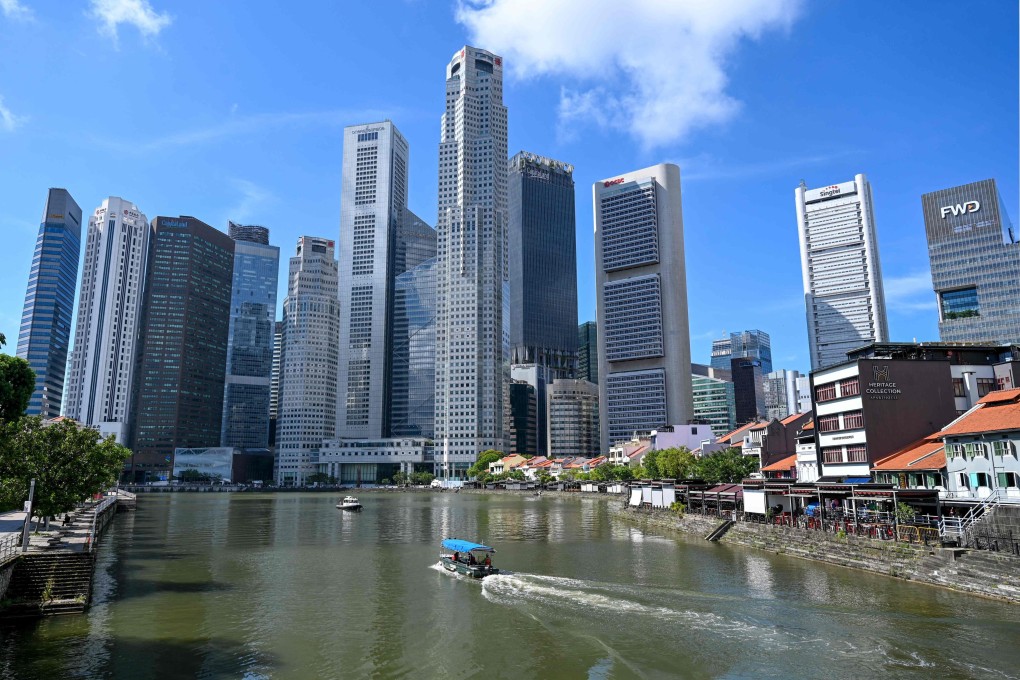Singapore’s insolvency reforms take aim at shareholder dissent
As Singapore seeks to become Asia’s go-to for distressed businesses, its proposed insolvency overhaul tackles shareholder dissent head-on

A key change would broaden a provision in restructuring plans, known as cross-class cramdowns, to prevent shareholders from dissenting, according to a Ministry of Law report. The proposals would also streamline the process of disposing a debtor’s property or issuing new shares, and recommend building incentives into restructuring managers’ compensation.
The public consultation period will close on April 8, after which the Ministry of Law will draft a bill to be read in parliament before the proposals are enacted.

The recommendations are the latest in the ministry’s ongoing efforts to refresh insolvency rules under the Companies Act, which the state began years ago to make Singapore’s bankruptcy courts more appealing to investors.
“In the Asian context, where many companies are closely held by families, this could be a significant move if it results in these families losing control in these companies” said Mohan Gopalan, director for corporate restructuring & workouts at law firm Drew & Napier, commenting on the proposed changes on the cross-class cramdown.
In 2016, Singapore went through a similar exercise to update its insolvency law, adopting a set of committee recommendations. They included practices similar to tools laid out in the US bankruptcy code’s Chapter 11, such as offering automatic stay of legal and enforcement actions for debtors.
A key recommendation in the policymakers’ latest report is to broaden a so-called “cross-class cramdown” provision to allow creditors to force a restructuring plan on dissenting shareholders.
